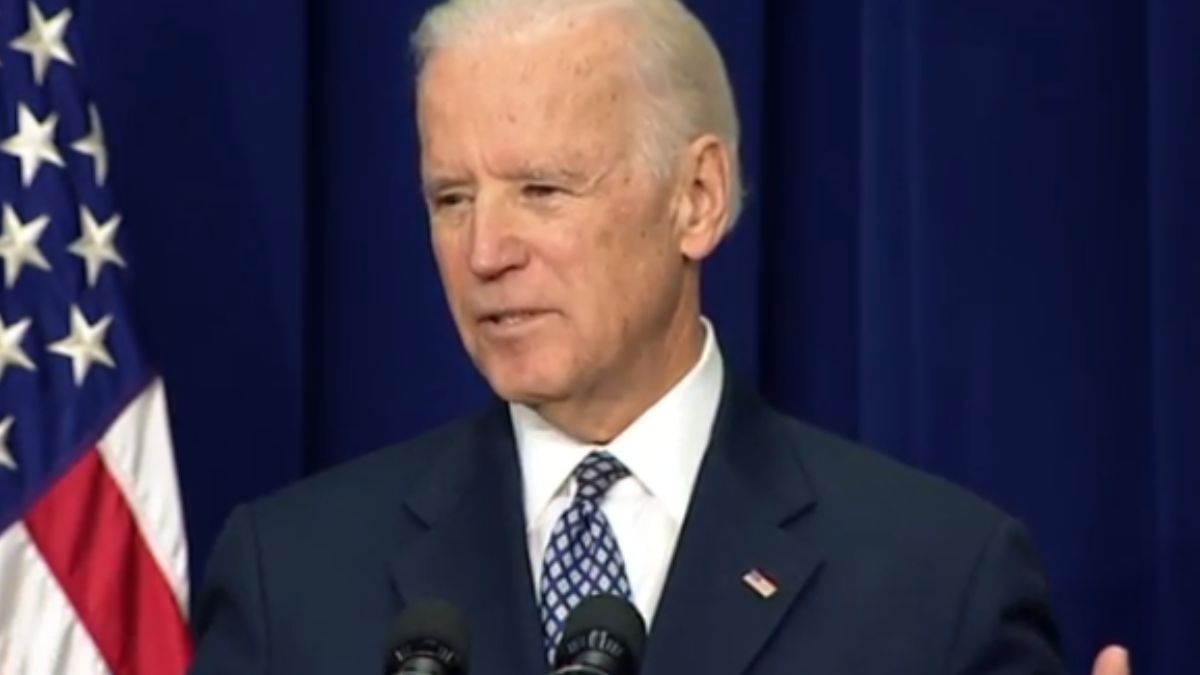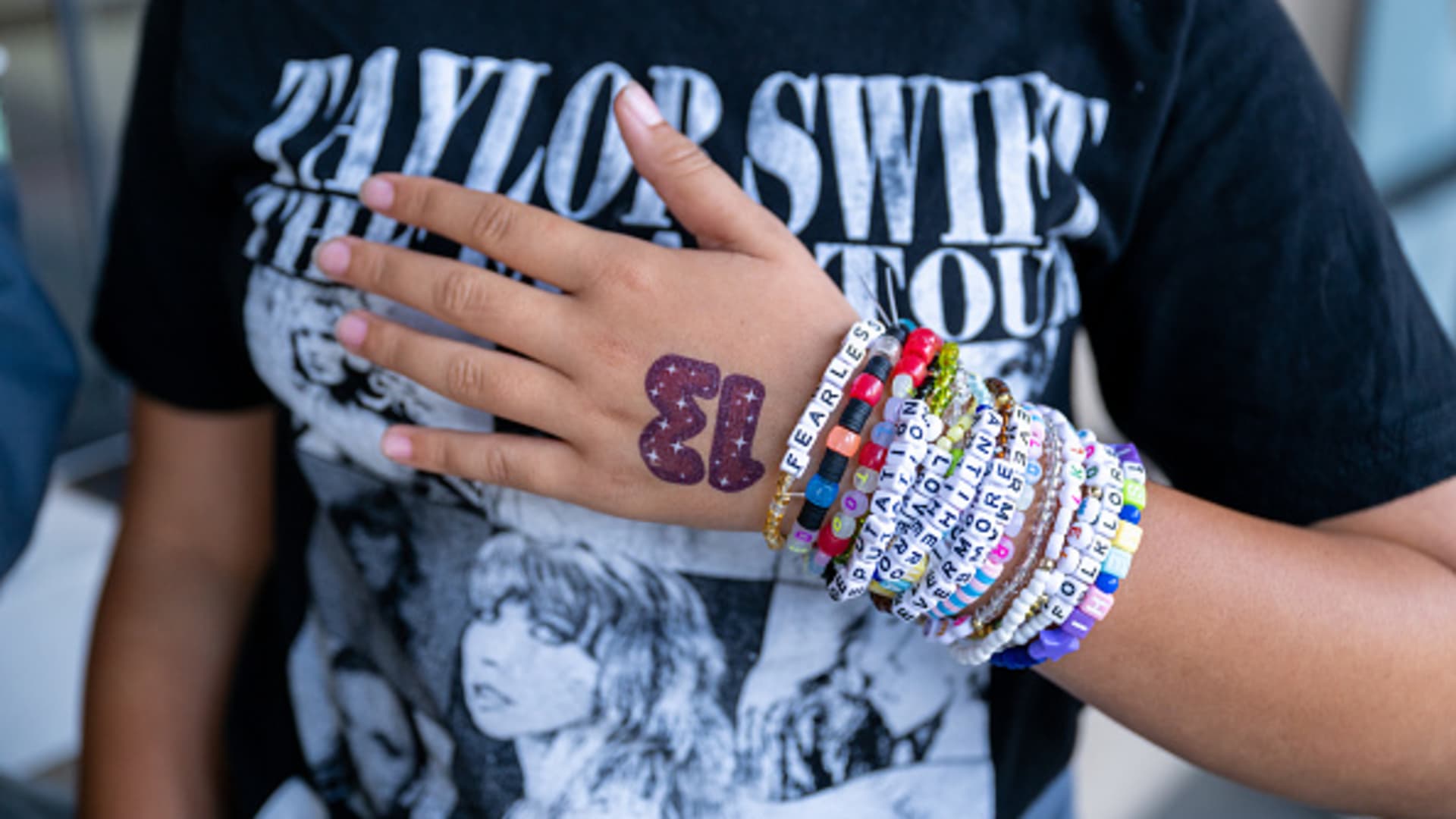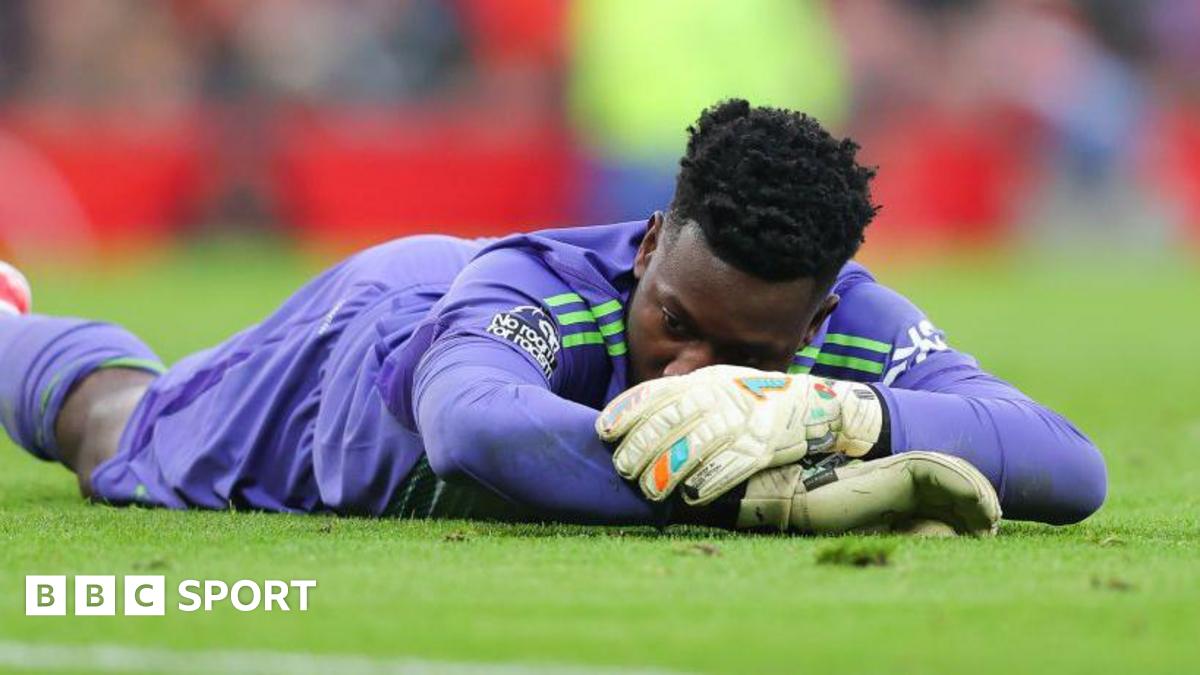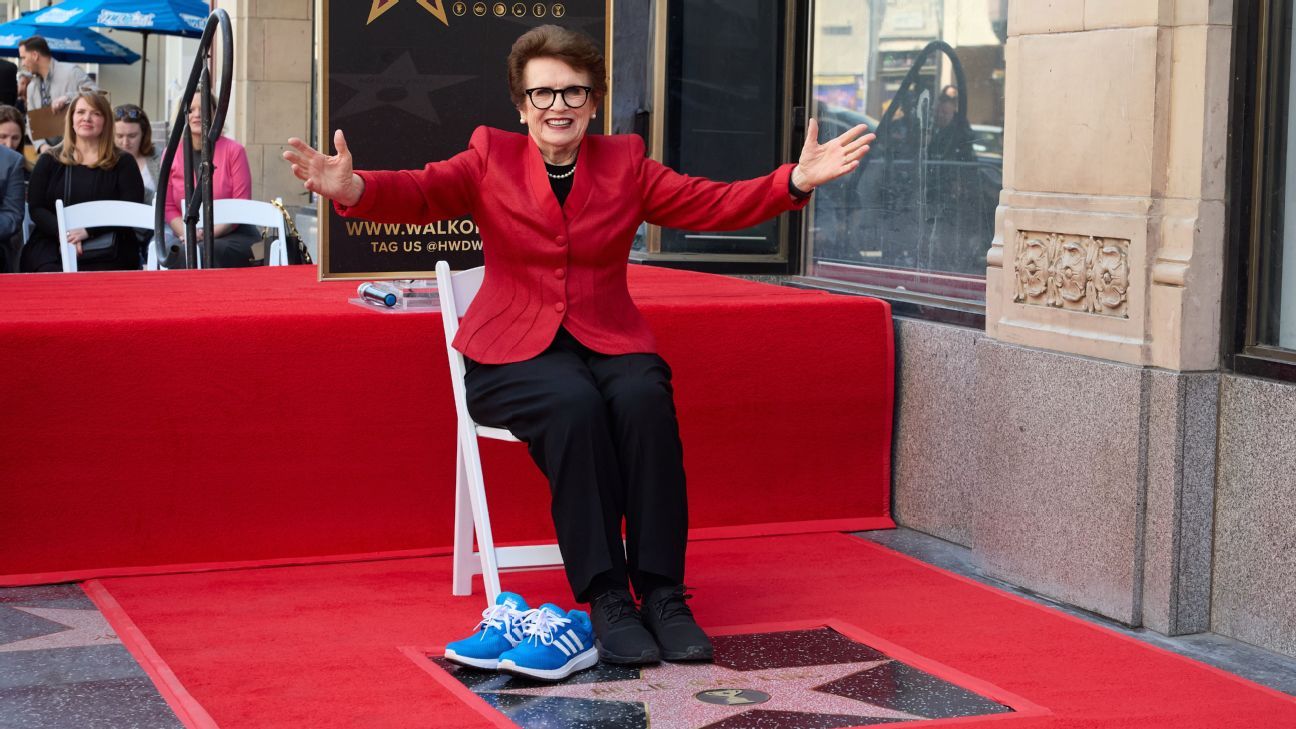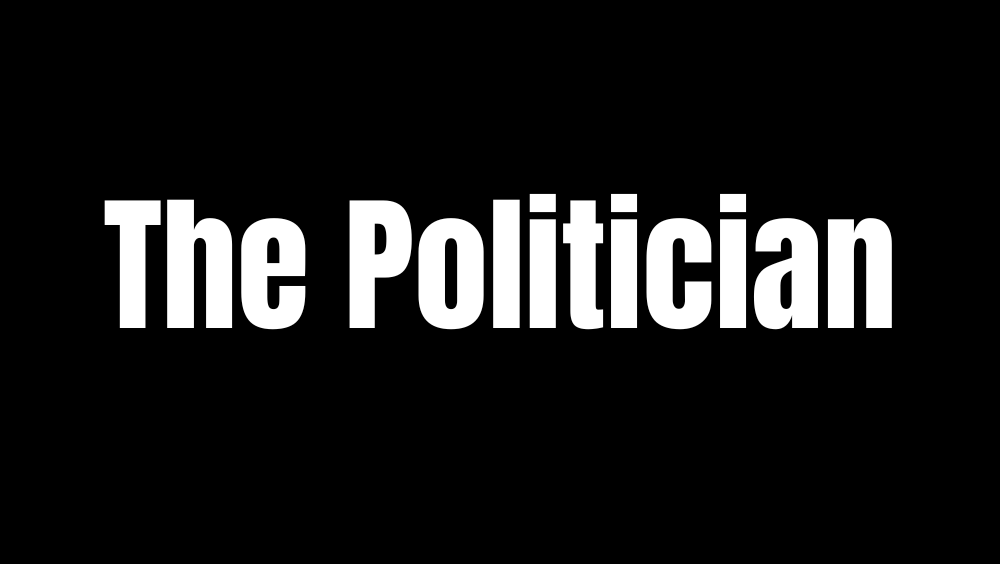How Black Food Business Owners Walk the DEI Tightrope


As major retailers roll back DEI commitments, small business owners have been forced think critically about distribution and strategy
For Capital City founder and CEO Arsha Jones, getting her mambo sauce into big retailers felt like a win. Her product is a version of the sweet and tangy red sauce that’s considered a D.C. staple and that gained popularity in the area in the 1960s, becoming a common restaurant condiment ever since. But its cultural significance wasn’t one that companies headquartered outside of the region totally understood. So, every time Jones signed a major contract to distribute the sauce outside D.C., she says it felt like validation.
“When a major retailer says yes, it’s more than a sales opportunity,” she explained. “It’s an acknowledgment of our culture, our product, and our persistence.”
But now, the same major retailers that brought such opportunity to Black small business owners are also putting them in a precarious position. Following President Donald Trump’s pledge to end DEI programs in both the private and public sectors, many rolled back their diversity, equity, and inclusion initiatives. After significant conservative pressure, Walmart announced in November 2024 that it would scale back its DEI efforts and elect not to extend its Center for Racial Equity, which was launched during the so-called racial reckoning of 2020 after the police killing of George Floyd. The retail giant previously pledged to use the center to donate $100 million over five years to nonprofit organizations that work to address racial disparities in the U.S. In January, an internal Amazon memo announced it would be “winding down outdated programs and materials” under its representation and inclusion umbrella. Then, in February, Target followed suit: In 2020, the company promised to increase its Black workforce by 20 percent and created an executive Racial Equity Action and Change committee to focus on Black employees and customers, but announced it would be ending both.
Customers are demanding accountability for these decisions. After these rollbacks, they pressured retailers in the form of boycotts and calls for Black-owned businesses to pull their products from shelves. That pushes Black-owned food businesses to walk a tightrope: balancing the needs of their consumer bases with the sustainability of their businesses.
“We have this business that we’re trying to run and be successful and sustainable, but we’re also part of the Black community,” says Jones, whose sauce is sold in Walmart, Target, and Amazon as well as direct to consumers online and in grocery stores across the U.S. “And so we feel the pain, we feel the anger that comes from people who are seeing these rollbacks happen. We’re caught in a unique position where we’re trying to balance both of these conversations.” Capital City has not pulled its product from any stores so far, but Jones says it will continue with its strategy to be hyperfocused on serving the D.C. community and growing locally.
While Target may not have been the first major retailer to back out of its DEI promises, it’s the focus of several major boycotts, including a 40-day Target fast organized by Black faith leaders, aligned with Lenten season. To many Black consumers and business owners alike, Target’s responsibility to diversity seemed genuine. In 2020, the company doubled down on its commitment; it became even more visible, with CEO Brian Cornell even stating that Floyd “could have been one of my Target team members.” In 2021, it pledged to spend $2 billion on Black-owned businesses by 2025.
“They [Target] just have gone above and beyond,” Jones says. It was Target with the dynamic Black History Month rollouts, Black entrepreneur collaborations, and custom Black pride apparel. (Target started celebrating Black History Month, it says, in 2006.) Black-owned businesses were featured prominently on the website, and company leaders didn’t shy away from discussions surrounding race and equity. The company even received an award for its “outstanding commitment to DEI” from the Executive Leadership Council, an organization for Black current and former executives and entrepreneurs.
Now, Target’s former supporters are questioning its previous initiatives. “The feeling is that within removing these [DEI programs], [the prior investment] was performative,” Jones says, “and so people’s feelings are rightfully hurt.” (Target did not respond to a request for an interview.)
But conversations around pulling products from shelves require nuance. Black-owned businesses are often smaller and less-resourced than many of their counterparts. Some customers might not realize that asking their favorite small businesses to take a stand could literally bankrupt them.
“Small businesses got played in the era of George Floyd, in the era of, ‘We’re going to do things to make it seem as if we are inviting you all in,’” says Rashida Maples, attorney and managing partner at J. Maples & Associates. Maples says the contracts and agreements made in 2020 with Black brands mostly benefitted large retailers, with few protections for small business owners. As an attorney representing such owners, she tried to counter with contractual changes that would benefit her clients, but the retailers would not budge.
“The expectations put on small businesses and Black businesses are not really realistic,” Jones says. “And I’m not saying that to diminish how [critics] may feel. I would say the reality of what consumers think we have the power to do is not as cut-and-dry as just ‘remove your products from the store shelves.’”
Jones says that for Capital City, she mostly interacts with large retailers through a series of purchase orders — she fulfills orders by sending products and receives payment upon completion.
“It’s fairly straightforward — but there are risks,” she says. “If a retailer wants to pull product off shelves, they typically expect the brand to absorb the financial hit. That means reimbursing them for what hasn’t sold. And that’s not a small ask — especially for businesses like ours, where those payments help cover employee salaries, health benefits, and often allow us to subsidize smaller mom-and-pop shops that order in smaller quantities. So in that context, pulling product off shelves can directly impact our team’s livelihood.”
And small brands need retail giants to grow their businesses. Many Black-owned businesses rely on large retailers such as Target, Walmart, and Amazon to provide distribution paths that allow them to service many more customers than they can alone.
“If we don’t directly own the distribution path, we have to partner with those that have the best path for us,” says Pernell Cezar, co-founder and CEO of coffee company BLK & Bold. When Black companies have not been able to ship certain places or provide product quickly enough, for example, there is a gap in service — “That’s where retailers come in,” he says. And for the long-term viability of a company, retailers are a partner in bringing in new customers as well. “Retail is where household brands are built and daily behaviors are served.”
Jones says being in retailers is one of the ways her brand has been able to grow. Customers can buy sauce directly online, but the majority of her company’s business comes from retail. Currently, direct-to-consumer only makes up about 15 percent of Capital City’s overall business.
“The truth is, most people still go to the grocery store to shop for food, pushing their carts up and down the aisles,” Jones says. “It really allows for us to have visibility to customers that would never normally see our products or our advertisements. Each new customer that we interact with in the grocery store aisle we hope becomes a long-standing fan.”
Although it’s not sustainable to only offer her product online on her own website, Jones sees these DEI rollbacks as a reminder to not rely on one or two retail channels. For Capital City, local grocery stores have not only been a way to align with her brand’s values of focusing on communities and growth, but also to ensure her customers — and potential customers — have options if they choose to no longer support major retailers.
“That requires a little bit of work from brand owners like myself to not singularly focus just on one,” she says. “We should have different retailers that we’re partnering with so that people can have choices. That is the biggest thing we want to take away from this: Give people the option to choose how they want to support us.”
Maples sees this time as an opportunity to change how Black businesses get their products to consumers. “It’s time for us to reevaluate how we get our services to our people,” Maples says. “We were doing things for a period of time out of convenience, and I think it’s a time when you get slapped and it’s time to re-up, it’s time to redo, it’s time to revise, it’s time to rethink.”
Cezar at BLK & Bold believes business owners should diversify how they get their products to customers and aim to utilize multiple distribution channels so that they aren’t as reliant on a few large accounts. But, he recognizes, Black businesses are often starting this process far behind. For some Black business owners, diversifying may still be easier said than done.
“I don’t want to oversimplify saying that, knowing that there’s founders that are hoping to and working on [diversifying], but they still have to find incremental dollars to diversify their infrastructure,” he says. “We [Black people] want our voices to be heard and respected, but we also have to be aware of where our community of suppliers that represent us are in their abilities, and let them know where we would like to see them invest.”
“The first word that is coming to me that really connects all of this is ‘livelihood,’” says Ashley Gaddy Robbins, who holds a PhD in cultural studies and is a DEI consultant whose research focuses on inclusive leadership, DEI in practice, and institutional equity. For entrepreneurs considering any meaningful changes, Robbins says, the calculus involves “not even just me being considerate of my business, it’s me being considerate of my livelihood. And one thing that is paramount to Blackness especially is going to be the family unit, so not only me, but also the mouths I have to feed and the generations, the legacy that I have to build.”
As Black-owned businesses work to figure out more ways to expand and improve service, Cezar believes business owners should continue talking with their customers — he sees that conversations around how and where Black products are sold provide an opportunity to “reinforce what we collectively want as consumers.”
“Anytime a collective of the consumer voice speaks out, it’s important to truly listen, and some do better than others,” he says. “But at the end of the day, you’re accountable to how well you listen and how well you can take action from that.”
And within these conversations, Robbins advises business owners to continue to share their businesses’ stories. While trust may be wavering, it’s important to remind their customers of why they chose to support them in the first place, she explains.
“Remind them of your identities, of your narratives, of your background, of your history,” she says. “You need to let people know, especially if they’re questioning you now.”








